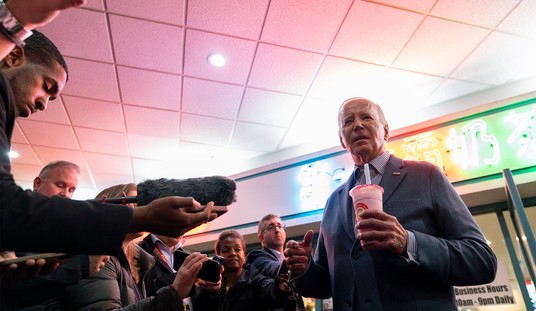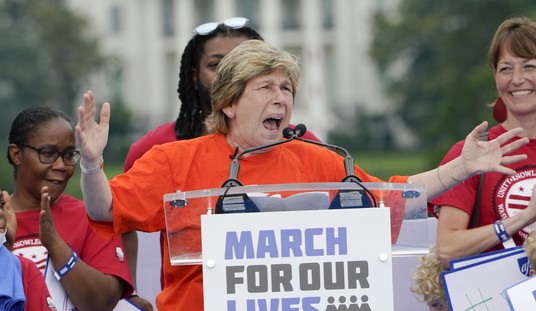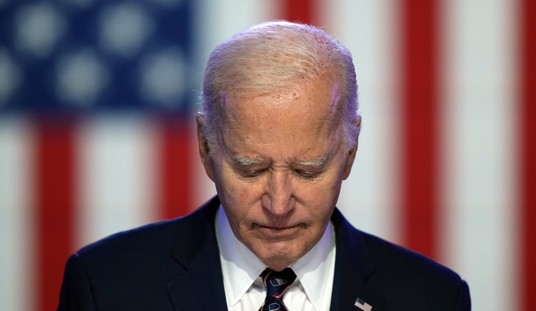via When Are We Going to Grow Up? The Juvenilization of American Christianity | Christianity Today.
The house lights go down. Spinning, multicolored lights sweep the auditorium. A rock band launches into a rousing opening song. “Ignore everyone else, this time is just about you and Jesus,” proclaims the lead singer. The music changes to a slow dance tune, and the people sing about falling in love with Jesus. A guitarist sporting skinny jeans and a soul patch closes the worship set with a prayer, beginning, “Hey God …” The spotlight then falls on the speaker, who tells entertaining stories, cracks a few jokes, and assures everyone that “God is not mad at you. He loves you unconditionally.”
After worship, some members of the church sign up for the next mission trip, while others decide to join a small group where they can receive support on their faith journey. If you ask the people here why they go to church or what they value about their faith, they’ll say something like, “Having faith helps me deal with my problems.”
Fifty or sixty years ago, these now-commonplace elements of American church life were regularly found in youth groups but rarely in worship services and adult activities. What happened? Beginning in the 1930s and ’40s, Christian teenagers and youth leaders staged a quiet revolution in American church life that led to what can properly be called the juvenilization of American Christianity. Juvenilization is the process by which the religious beliefs, practices, and developmental characteristics of adolescents become accepted as appropriate for adults. It began with the praiseworthy goal of adapting the faith to appeal to the young, which in fact revitalized American Christianity. But it has sometimes ended with both youth and adults embracing immature versions of the faith. In any case, white evangelicals led the way.









Join the conversation as a VIP Member